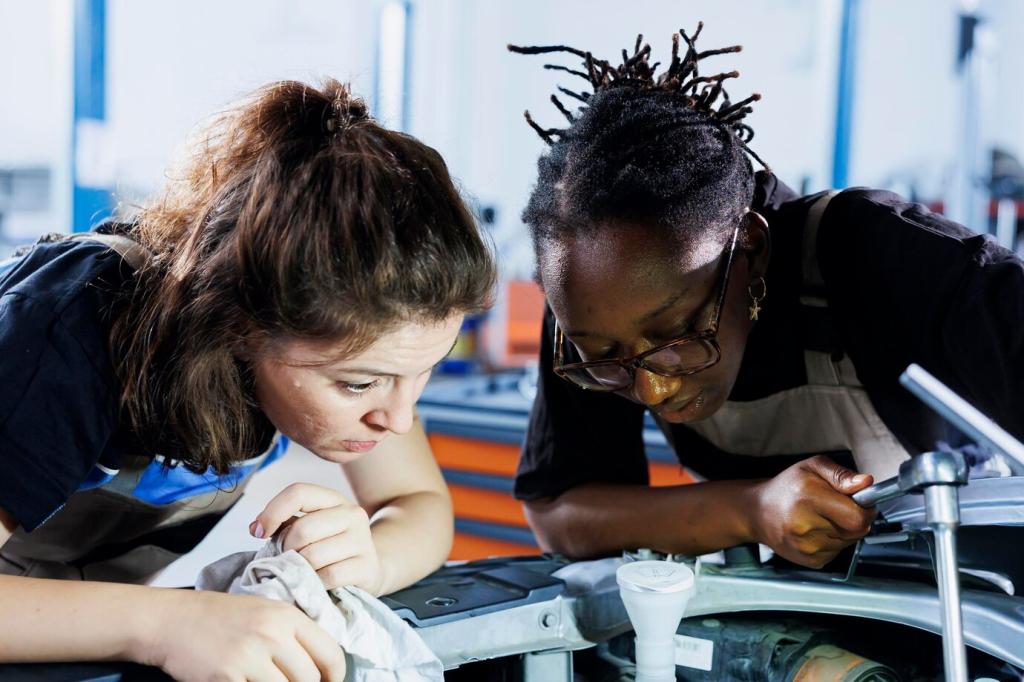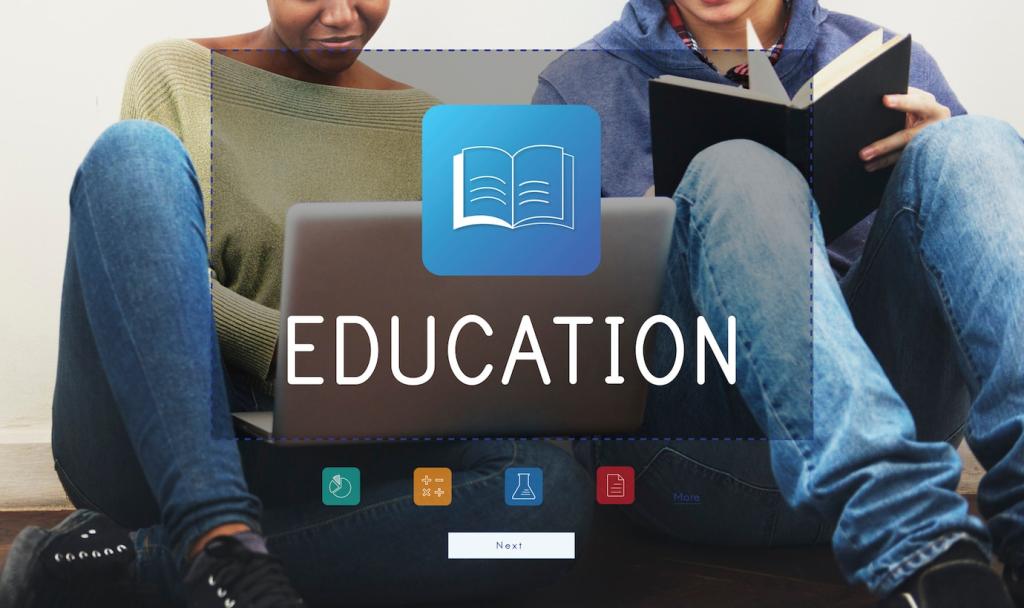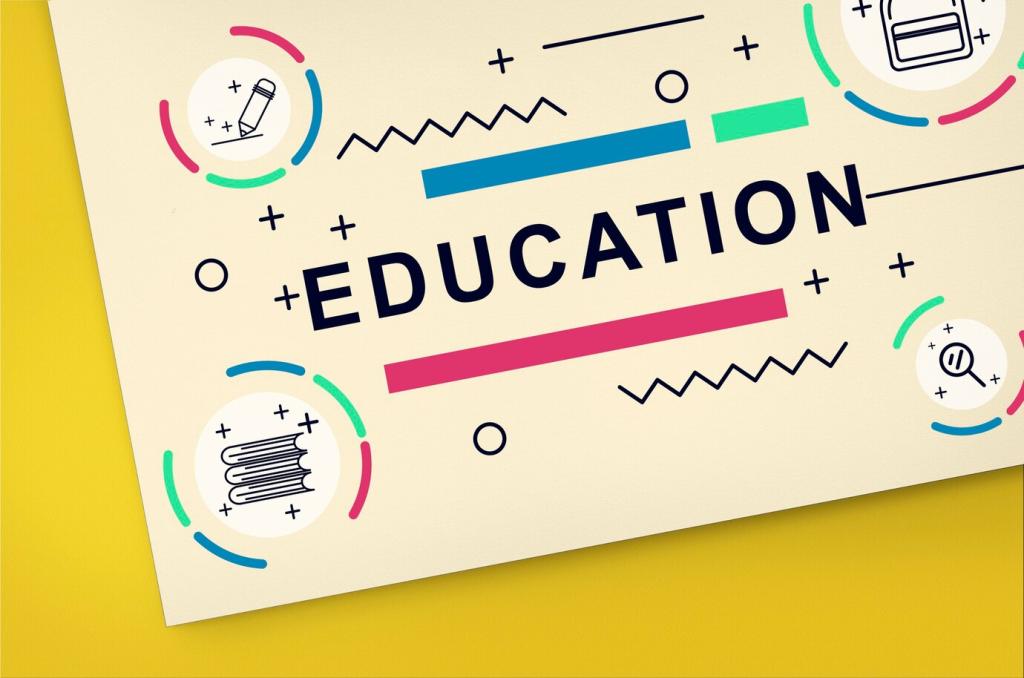
The Impact of Encyclopedic Resources on Educational Outcomes
Chosen theme: The Impact of Encyclopedic Resources on Educational Outcomes. Explore how reference overviews, curated facts, and cross-references can unlock deeper understanding, stronger research habits, and measurable gains. Share your experience and subscribe to keep learning with this theme-driven series.

Well-structured encyclopedic entries provide essential context, definitions, and timelines that help learners build mental frameworks quickly. This scaffolding accelerates comprehension, reduces confusion, and primes students for deeper reading. Tell us how overviews have shaped your class discussions.

Starting research with vetted encyclopedia entries helps students clarify terms, identify key figures, and map subtopics before diving into complex sources. The result is focused questions and higher-quality notes. Comment with your favorite starting entry to recommend.

Cross-references guide students to related concepts, encouraging transfer of knowledge across subjects. As learners connect themes, their ability to apply ideas improves, strengthening outcomes on projects and assessments. Share a moment when a cross-link sparked insight for your students.


Evidence and Insights from Classrooms and Studies
Teachers frequently observe clearer thesis statements, fewer factual errors, and stronger citations when students begin with reputable encyclopedic resources. Early clarity pays dividends later. Have you noticed similar improvements? Post your observations so others can learn.
Evidence and Insights from Classrooms and Studies
When students use encyclopedic summaries before primary sources, they often score higher on comprehension checks and integrate evidence more accurately. The groundwork matters. If you track outcomes, share a quick data point in the comments to inspire peers.
Practical Classroom Integration

Begin with a ten-minute encyclopedia skim, followed by a concept map and two guiding questions. Then transition to primary or advanced sources. This routine anchors understanding while encouraging curiosity. Try it this week and report back in the discussion.
Digital vs. Print: Design Features That Shape Outcomes

Navigation That Boosts Retention
Digital encyclopedias with clear headings, breadcrumb trails, and concise summaries reduce cognitive friction. Students revisit sections faster and recall more. What features do your learners love—hyperlinks, pop-up definitions, or summary cards? Share your picks to help others optimize.

Cognitive Load Considerations
Chunked paragraphs, consistent typography, and low-distraction pages support working memory. Overly dense screens can hinder outcomes. Encourage mindful design choices in classroom devices. Drop a quick note about layout settings that improved your students’ focus.

Accessibility and Inclusive Design
Alt text, adjustable contrast, read-aloud tools, and keyboard navigation make encyclopedic learning more equitable. Accessibility boosts outcomes for everyone, not only specific groups. Do you have favorite accessible platforms? Recommend them below to help colleagues expand access.
Equity, Access, and Motivation
Encyclopedic entries compress essential background knowledge, giving newcomers a manageable on-ramp. This narrows gaps in prior knowledge that often depress achievement. If you’ve seen a student leap forward after a solid overview, share their story to encourage others.


Equity, Access, and Motivation
Short, successful reading experiences create momentum. Students feel competent when they can summarize a concept accurately. Celebrate these small wins publicly. Encourage readers to subscribe for weekly prompts that turn quick wins into sustained learning habits.



Measuring Impact in Your Context
Choose concrete targets: vocabulary precision, citation accuracy, synthesis quality, or transfer questions on tests. Align tasks to these outcomes and keep criteria transparent. Comment with your top outcome so we can suggest matching strategies in future posts.
Join our mailing list
